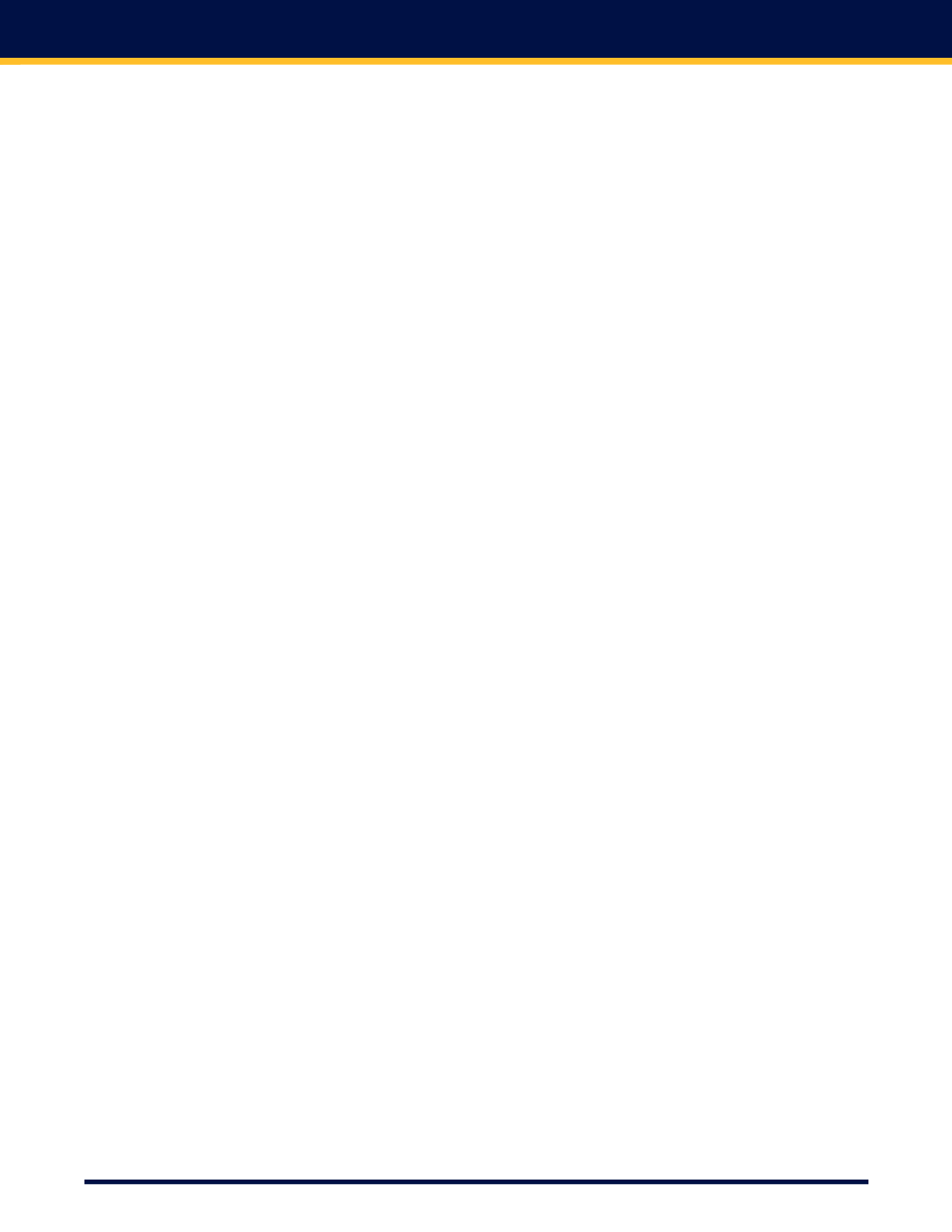

2012-2013 Seminary Programs Academic Catalog
79
academic grievance Procedures
If a student has a concern about an academic
matter, the following process should be followed:
step 1:
In keeping with the Matthew 18 principle, the stu-
dent should discuss the matter with the faculty
member involved. Faculty will listen to concerns
or questions and, when deemed appropriate,
amend decisions. After this discussion, if the stu-
dent feels that one of the following reasons
applies, Step 2 of the appeal process may be
taken:
•
The decision rendered was not supported by
sufficient evidence. (i.e., expectations in the
class syllabus).
•
The academic consequence is more severe
than called for by the situation.
•
A stated university policy has been misapplied.
•
Discrimination has occurred.
step 2:
Within three days of receiving an answer from the
faculty member, a letter of appeal should be deliv-
ered to the director of the student’s major pro-
gram. If the program director is the faculty
member involved, Step 3 should be taken. If no
program director is in place, the matter should be
addressed to the student’s academic advisor.
The letter of appeal should outline the concern,
describe the steps taken and the answer given,
and provide an explanation of why one of the
above stated reasons can be applied to the situa-
tion. The program director or academic advisor
will call a meeting with both the student and the
faculty member to discuss the problem and issue
a written decision on the appeal within 30 days. If
the student feels that the decision does not cor-
rectly address the reason for the appeal as stated
above, then the student should move on to
Step 3.
step 3:
Within three days of receiving a written decision
from the program director or academic advisor,
the student should deliver a letter of appeal to the
dean of the college who will direct the appeal to
the Academic Grievance Committee. The letter
will be given to the committee chair and the mat-
ter will be presented to the Academic Grievance
Committee for resolution. The committee is com-
prised of a minimum of three program directors or
their designees and other faculty and staff as
appropriate to provide expertise related to the
specifics of the grievance. The Committee will
meet within 14 days of receipt of the grievance.
The student may request to be in attendance for
the discussion of the issue to present a verbal
statement, bring witnesses and evidence, and to
answer questions. In addition, the student may
request one neutral observer (only) who is a stu-
dent at CIU to join this meeting. Neither the stu-
dent nor the observer will be allowed to be
present during the decision-making process.
Following the appeal discussion and decision, the
Academic Grievance Committee chair will provide
a written response to the student outlining the
decision within 30 days.
An appeal of the Academic Grievance Committee
decision may be made only if there is evidence
that the grievance procedures were not followed,
new evidence surfaced or inappropriate or dispro-
portionate consequences were imposed. The writ-
ten appeal must be presented to the dean of the
college within three days of receipt of the written
Academic Grievance Committee decision.
**For Georgia residents only who are not attend-
ing courses on the Columbia, S.C. campus:
Should students so elect, they may contact the
State of Georgia Nonpublic Postsecondary
Education Commission after all other procedures
outlined above have been exhausted.
State of Georgia
Nonpublic Postsecondary Education Commission
2082 East Exchange Place – Suite 220
Tucker, GA 30084
student services
athletics/Physical fitness
Since we seek to train and develop the whole per-
son, physical fitness is a key aspect of the overall
program. Students are encouraged to develop
healthy habits in the areas of sleep, diet and exer-
cise. The university is developing an intercolle-
giate athletic program which will begin by the Fall
of 2012. Facilities, equipment, organized intramu-



















